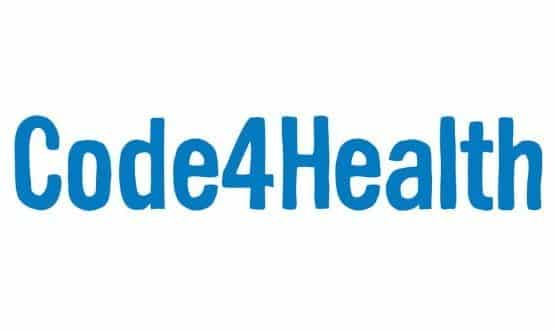Code4Health courses underway
- 12 March 2015

The first courses of NHS England’s Code4Health programme have started running in Bradford, with participating clinicians saying they are keen to make the most of what they have learned.
The revived programme was launched last week at eHealth Week with a focus on narrowing the gap between clinicians and IT departments.
Richard Jefferson, NHS England’s head of business systems, said the programme will include a range of Code4Health courses, starting with sessions on ‘app-building in a day’ and ‘data in a day’, to help clinicians better understand the work that is required to design services for them.
One of the first courses took place at Bradford University this week, with course provider LiveCode educating clinicians on how to develop their own apps.
Course participant Dr Asim Suleman, a GP partner at the Mayfield Medical Centre in Bradford, told EHI News that news of the Code4Health course “immediately started ticking some boxes” in terms of the practice’s plans to improve its use of technology.
“We’ve started looking at virtual surgeries and new ways of working, innovative ways of working to reduce access issues, so if we can use technology in that it would be fantastic.”
Suleman said the courses offer a chance for clinicians to improve their digital literacy and be part of the growing trend for better understanding of coding and use of data.
“Young children are learning how to code in schools, so we should be improving knowledge amongst clinicians about how this works and how we can improve the solutions we have.”
Dr Akram Khan, a GP and chairman of the Bradford City Clinical Commissioning Group, told EHI News he wanted to be part of Code4Health to look at how technology can improve engagement with ethnic minority patients, while also enabling him to work more effectively with IT professionals.
“Programming is not going to be my forte, but what it does do is give me an idea of what’s actually out there and what’s possible, and then I can pass that on to someone who’s got the skills to take it further.”
Khan said the course had been valuable, with a lot of information covered in a short amount of time.
“The support materials are quite vital, and their quality will have a lot to say about what direction it takes, but [the course] seems very impressive.”
Suleman said the course provided a good taste of what is possible, with the 12 months of support provided by Code4Health after the courses allowing participants to take their ideas further.
“It shows in a short time what you can do with the app…[and] there’s a certain level of support provided after the day which will be quite useful.”
Further Code4Health courses are being held in Bradford and London this month, in Northumbria and Yeovil in April, and in Bolton, Croydon and London in May.
When announced by NHS England’s director of patients and information Tim Kelsey, the Code4Health programme was going to be based on the US organisation ‘Code for America’, created to teach local government workers how to create apps and services using open source data.




